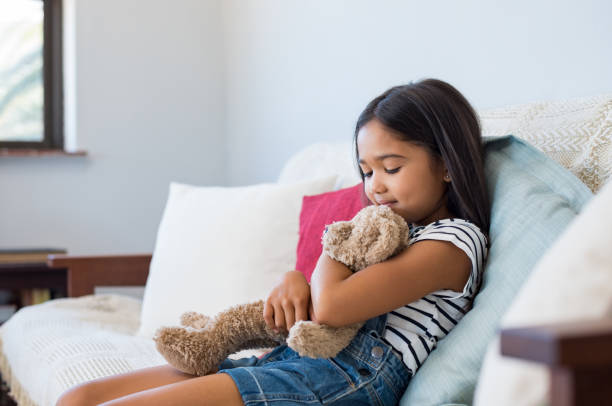Why Foster Care Transitions Can Be Challenging
For many children in foster care, moving from one placement to another can be stressful and emotionally draining. Unfamiliar environments, new caregivers, and disrupted routines can trigger anxiety and uncertainty. A stable, safe space can help ease this transition, providing comfort and emotional security.
What Are Safe Spaces in Foster Care?
Safe spaces are physical and emotional environments where children feel secure, respected, and supported. These spaces help children express their emotions, process their experiences, and build trust with their caregivers.
The Role of Safe Spaces in Emotional Stability
- Reduces Anxiety: Familiar and comforting environments help lower stress levels.
- Encourages Expression: Children are more likely to open up about their feelings when they feel safe.
- Builds Trust: Consistent, nurturing spaces establish a sense of security with caregivers.

How Caregivers Can Create Safe Spaces
Physical Safe Spaces
- Provide a personalized, cozy area in the home with familiar items.
- Use calming colors and soft textures to create a comforting atmosphere.
- Offer access to comforting objects like stuffed animals, blankets, or journals.
Emotional Safe Spaces
- Establish open and judgment-free communication.
- Practice patience and active listening to validate the child’s feelings.
- Maintain consistent routines to create a sense of stability.


The Impact of Safe Spaces on Long-Term Well-Being
Safe spaces don’t just provide comfort during transitions—they help youth in foster care develop resilience, self-confidence, and emotional regulation skills. By prioritizing emotional safety, caregivers can support children in navigating life’s challenges with greater confidence.

The foster care system can be unpredictable, but safe spaces offer children a sense of belonging and security. Whether through a comforting environment or emotional support, caregivers play a critical role in making transitions smoother and less stressful. By fostering trust and stability, we empower foster youth to heal, grow, and thrive.





